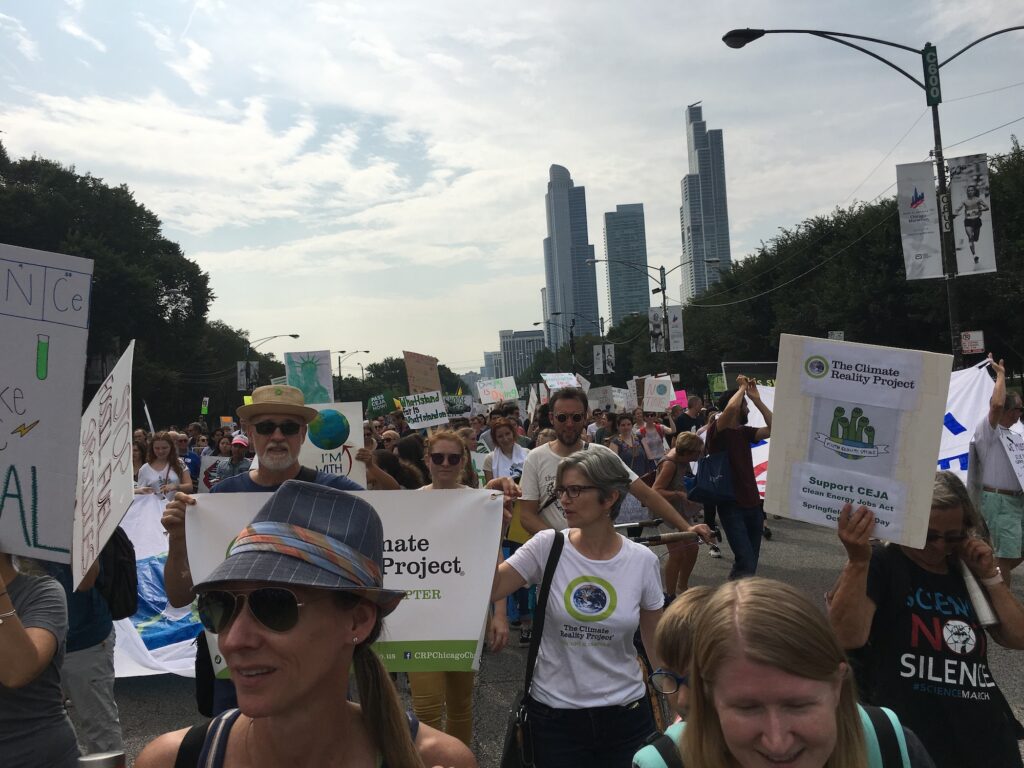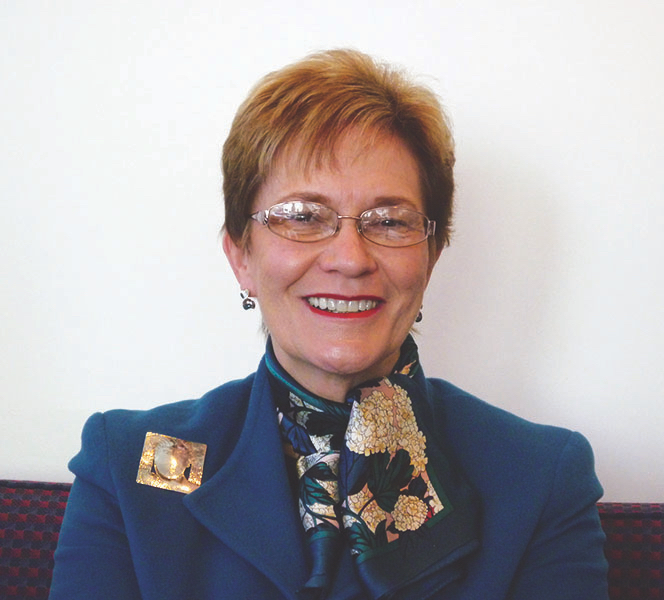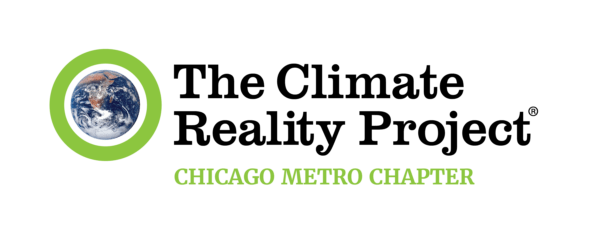
The time is now for climate action. We need you!
As 2023 looms toward becoming the warmest year on record, scientists have observed that global temperatures are inching closer to warming thresholds that the world has pledged to avoid. Climate agencies have confirmed that July was the warmest month since record-keeping began 174 years ago, and this summer was the warmest three-month period in the record books. August was also the world’s 534th consecutive warmer than average month, spanning a stretch of more than 44 years, according to the national oceanic and atmospheric administration. And then the hottest ever September shattered the previous record.
Against this backdrop, blog editor Jane Goldenberg spoke to Climate Reality Chicago’s Campaigns Chair Pam Tate about what we can and should be doing now. What follows are edited excerpts from their conversation.
Why is time so critical in our fight against climate change?
What struck me when I looked at the report from the Intergovernmental Panel on Climate Change is that we’re not meeting any of the targets in the Paris agreement to help us stay at or below 1.5° Celsius of warming. If we go beyond that, a lot of really bad weather events and other kinds of things begin to increase, including extinctions of species of all types: plants, animals, insects, birds.
What’s been so surprising is that we’re only at 1.2 degrees warming right now, yet all the things experts projected for later are happening now, such as the extinction of species, heat waves that are much more severe, hurricanes coming earlier and being more intense, and wildfires coming earlier and being more intense.
It’s our responsibility to take action now.
We’ve only seen the beginning of a trend that’s going to get consistently worse each year, probably for the next 30 years even if we stopped emissions today. And we’re not stopping them today. We needed the cooperation of all countries. We don’t have it, and even ourselves, we’re not meeting these targets either.
It’s our responsibility to take action now to keep it from getting even worse.
That’s why I feel this sense of alarm that it isn’t just urgent, it’s alarming. It’s like a five-alarm fire, and it should be responded to in the same way as a fire in a house when everybody jumps into action and the fire trucks come, and the fire extinguishers come out, the whole thing is handled as a true emergency. That is what this is, except it’s on a global level.
People aren’t sure what they can do because it feels like it’s bigger than them. You can get a fire extinguisher out in your own basement, but you yourself can’t stop the burning of forests in Canada.
While some people either try to deny what’s happening or compartmentalize it and say it’s not affecting me and there’s not a lot I can do about it, there are a lot of people who realize it’s serious and they want to do something about it, but they don’t know what to do.
I am trying to get more people to realize they can have an impact and to do something.
What can we do to combat climate change?
In your personal life, if you can make a pledge to electrify, that’s the strongest pledge you can make. I’m not talking about every little decision you make, which doesn’t have a big effect, but rather the big ones: the car you drive, the furnace you use, the water heater you use. These are the big things that will reduce your greenhouse gas emissions substantially from your home. You can plan ahead and do that on your own, and now there are financial incentives from the Inflation Reduction Act to help you buy an electric vehicle, an electric heat pump to replace your furnace and air conditioner, and an electric water heater. See Kristina Murphy’s article on our blog for more information.
Then I think your next level of what you can do is to talk about it.
There’s a “Spiral of Silence” theory of public opinion formation that applies to the climate crisis. The idea is that if people believe they’re in the majority and their opinions are dominant, they start speaking up more and are more visible. If they think they’re in the minority, they grow more silent, so it allows the perceived majority to have an even louder voice.

We need to write more, talk more, be more visible, get on radio stations and in newspapers, to extend our message.
Then the next level of advocacy is talking to your local elected officials in your town or your city and the people who regulate.
You need to become a voice on important issues that will affect your state or your city, and that means getting informed about the various strategies that are being put forward to solve the problem. Our chapter has teams working on many of these. And we need more of our members to become active in our work.
Getting started
It is clear that the only way to deal with an anxiety about something is to take action about that thing. The worst thing is to feel stuck and not to try anything. The other thing I try to tell new people who come to the chapter is there are a lot of people here who will help you get over or get through your fear. You need to know there’s a community of people who will help you learn and help you do the things you might not want to do totally on your own.
You need to know there’s a community of people who will help you learn.
To all the activists in our midst, let us know what you’re doing. Comment on our post or reach out to Pam Tate directly. Let’s show our power together!
Stay tuned for our “Pledge to Electrify” campaign, in which you can pledge to electrify your home, appliance by appliance when they need to be replaced. We can help you plan ahead so you are ready to act when that time comes.

Pamela Tate is currently Chair of the Campaigns Committee for the Chicago Chapter of Climate Reality Chicago Metro. After over 30 years as the CEO of a national educational non-profit, she decided to devote her life to the climate crisis and has been an active advocate since being trained by the Climate Reality Project in 2019.

